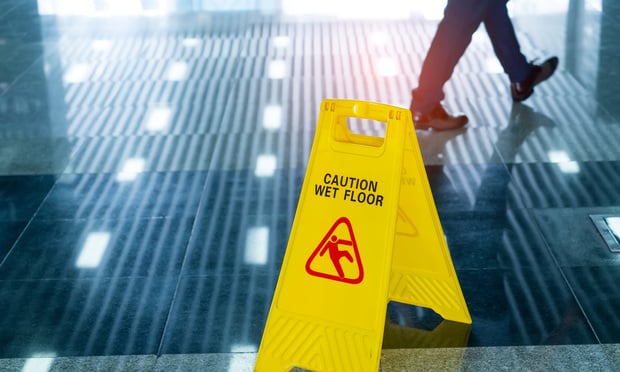Small Privacy Rule Impact Seen For Comp
By E.E. Mazier
NU Online News Service, Aug. 12, 3:23 p.m. EST?The final medical privacy regulation released by the U.S. Department of Health and Human Services is a good compromise for workers' compensation insurers, according to two insurance trade groups.
Language in a preamble to the rule shields workers' comp insurers from its impact, according to the American Insurance Association, Washington, D.C., and the National Association of Independent Insurers, Des Plaines, Ill.
The rule, published initially by HHS in December 2000 and finalized with modifications on Friday, seeks to protect the use of individually identifiable health information by health plans, health care clearinghouses, and certain health care providers, the AIA explained.
In its initial form, the privacy rule did not specifically apply to workers' comp or other forms of property-casualty insurance. But it did require "covered entities," including physicians, hospitals, health plans and other medical providers, to disclose only the amount of medical information deemed by the provider to be "minimally necessary" to insurers in workers' compensation cases.
The insurance industry had viewed this language as effectively requiring medical providers to make legal decisions about what is "minimally necessary" information. The industry felt that medical providers would have erred on the side of caution by refusing requests for information from workers' comp insurers seeking to process claims, trade groups warned.
Additionally, the industry was concerned that there might be fraud and the payment of workers' comp for injuries that had not occurred on the job, said Kathleen Jensen, NAII insurance services counsel. For example, workers' comp providers would not have been able to find out about claimants' past medical histories, she noted.
While the "minimally necessary" language remains in the final version, the preamble now states that the rule is not intended to interfere with state workers' comp systems, according to Gary Karr, AIA director of federal media relations.
"Now we'll be able to obtain the information that we seek to accurately adjust the workers' comp claim," Ms. Jensen stated.
The insurance industry had asked HHS to exempt workers' comp from the rule's reach. But HHS said this was not feasible under statutory requirements. In fact, the rule-making process involves, among other things, posting public notice of changes, followed by public hearings--in short, more delay.
Mr. Karr stated that both HHS and the insurance trade groups will be keeping an eye on the new regulation. He said that HHS has said that the regulation could be subject to later revision if problems develop.
"I don't think anyone at HHS wants to get into the business of becoming a workers' comp regulator, Mr. Karr stated, adding that "of course, we don't want them to, either.
The compliance date under the rule for most healthcare providers is April 14, 2003.
Want to continue reading?
Become a Free PropertyCasualty360 Digital Reader
Your access to unlimited PropertyCasualty360 content isn’t changing.
Once you are an ALM digital member, you’ll receive:
- Breaking insurance news and analysis, on-site and via our newsletters and custom alerts
- Weekly Insurance Speak podcast featuring exclusive interviews with industry leaders
- Educational webcasts, white papers, and ebooks from industry thought leaders
- Critical converage of the employee benefits and financial advisory markets on our other ALM sites, BenefitsPRO and ThinkAdvisor
Already have an account? Sign In Now
© 2025 ALM Global, LLC, All Rights Reserved. Request academic re-use from www.copyright.com. All other uses, submit a request to [email protected]. For more information visit Asset & Logo Licensing.








